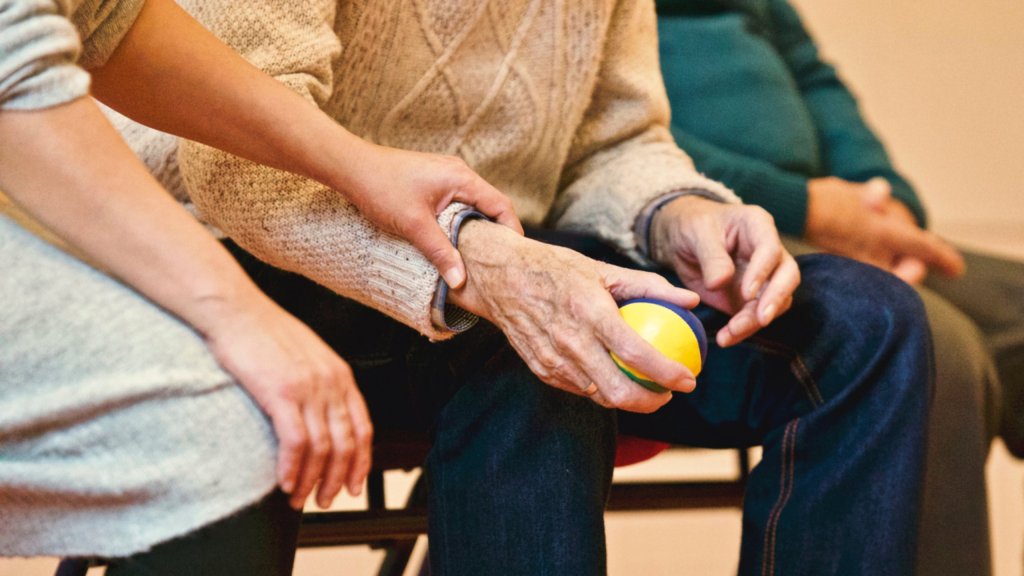In the event of death, a SIPP, or self-invested personal pension, will operate very similar to the majority of other pension schemes. With potentially thousands of pounds at stake, it is very important how this money is distributed.
At some point during the member’s ownership of the SIPP, they will be asked to pick a beneficiary or someone to inherit their pension pot. The average beneficiary of a SIPP are typically close relatives such as:
- Children and/or grandchildren
- Close friends
- Extended family
- Spouse and/or other form of life partner
Some members have been known to put a charity as the beneficiary of a SIPP and it is entirely dependent on the member to decide who the retirement pot goes to in the event of their death. You can also select more than one person to receive a portion of the funds, however, how this is done and whether this can be done will be dependent upon the specific SIPP scheme and its provider.
SIPP Beneficiaries Will Have Three Options

- Take the whole fund as cash in one go: If they choose this, the pension fund will be subject to their income tax rate at the time.
- Take a regular income: Some prefer to have a regular monthly income and this will also be subject to their income tax.
- Take periodical lump sums: They may decide to take lump sums every year or every few months, and this will also be chargeable to their income tax rate.
What Happens to a SIPP With No Beneficiaries?

If the owner of a SIPP dies with no beneficiaries at all, they may have completed an ‘expression of wishes form,’ and this gives administrators a guide in terms of how to distribute the funds.
If an ‘expression of wishes’ has not been written out, organisers of the SIPP will still attempt to distribute the funds the way they feel that the deceased would have wanted.
If there is absolutely no evidence of the owner wanting anyone as a beneficiary, the administrators can then decide where the remaining balance from the pension pot goes to, e.g. a charity. For dormant bank accounts, a lot of money has been given to help unemployment and the homeless.
It is therefore crucial for those who hold SIPP accounts to provide beneficiaries and/or expression of wishes as soon as they possibly can. This will help with the allocation of leftover funds and also allow a smooth distribution amongst family and friends. There are often cases when it comes to inheritance that families fall out or go to court to claim funds they believe are rightfully theirs. Simply having a will or choosing beneficiaries can avoid this.
What Happens If the Death Occurs Before Retirement?

In the unfortunate event that the account holder of a SIPP has died before their specified retirement age or under the age of 75, the fund can be dispensed to any and all beneficiaries and it will be tax-free provided that it is claimed within two years. The beneficiaries can choose between a lump sum or regular income.
If the holder of a SIPP dies after the age of 75, a beneficiary can still receive funds from the pot, however these will now be taxed. If the beneficiary of the account is a company or some form of trust, the death benefits will still be distributed out, however these will be charged at a tax rate of 45%.
To ensure that a SIPP is handled in the way favoured by the account holder, it is of the utmost importance that beneficiaries are organised at the earliest possible convenience. Failure to organise beneficiaries or even expression of wishes can result in funds being organised and distributed by the decision of the SIPP account administrators.
To find out more on a range of financial products like SIPP, please visit our blog.

